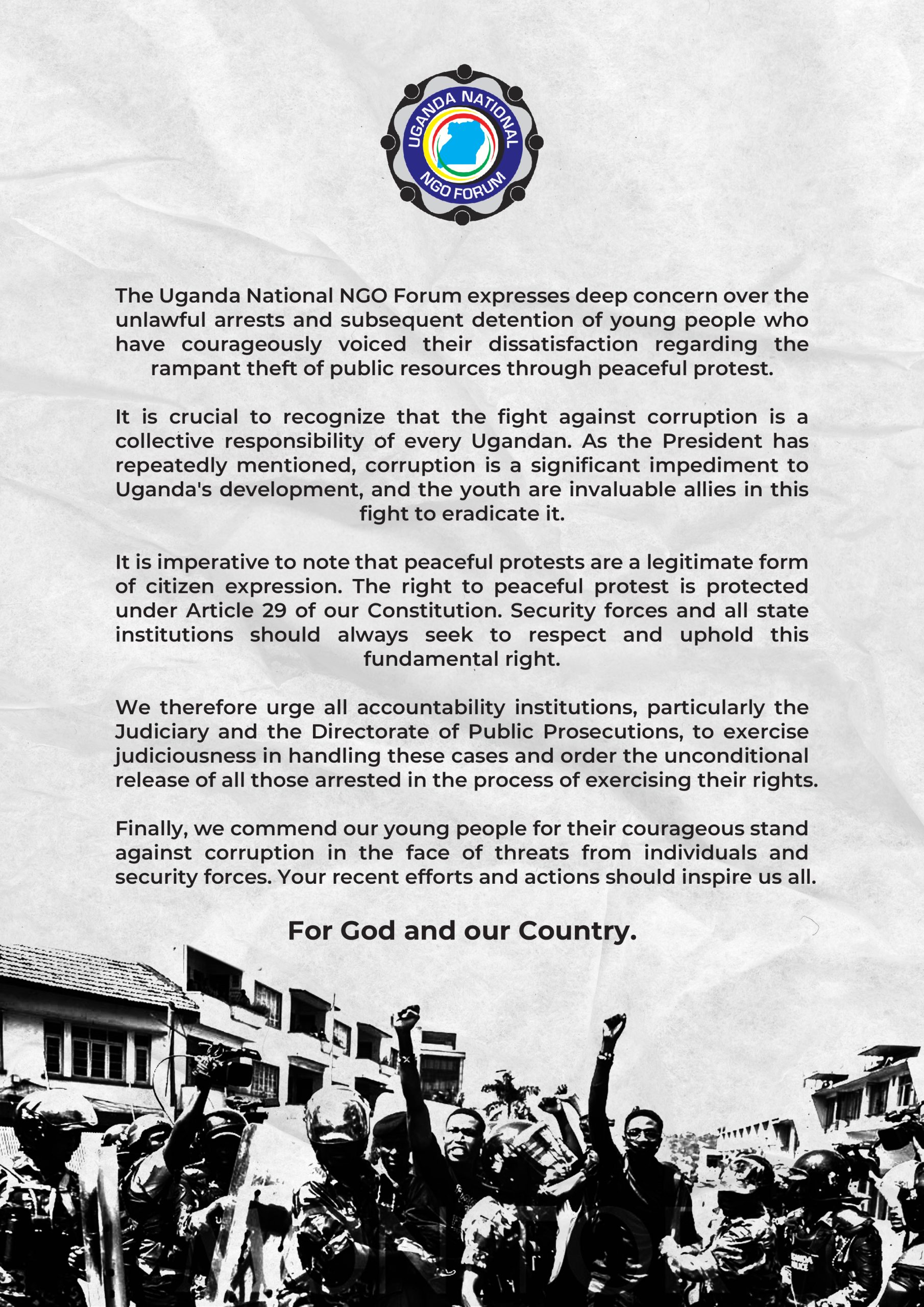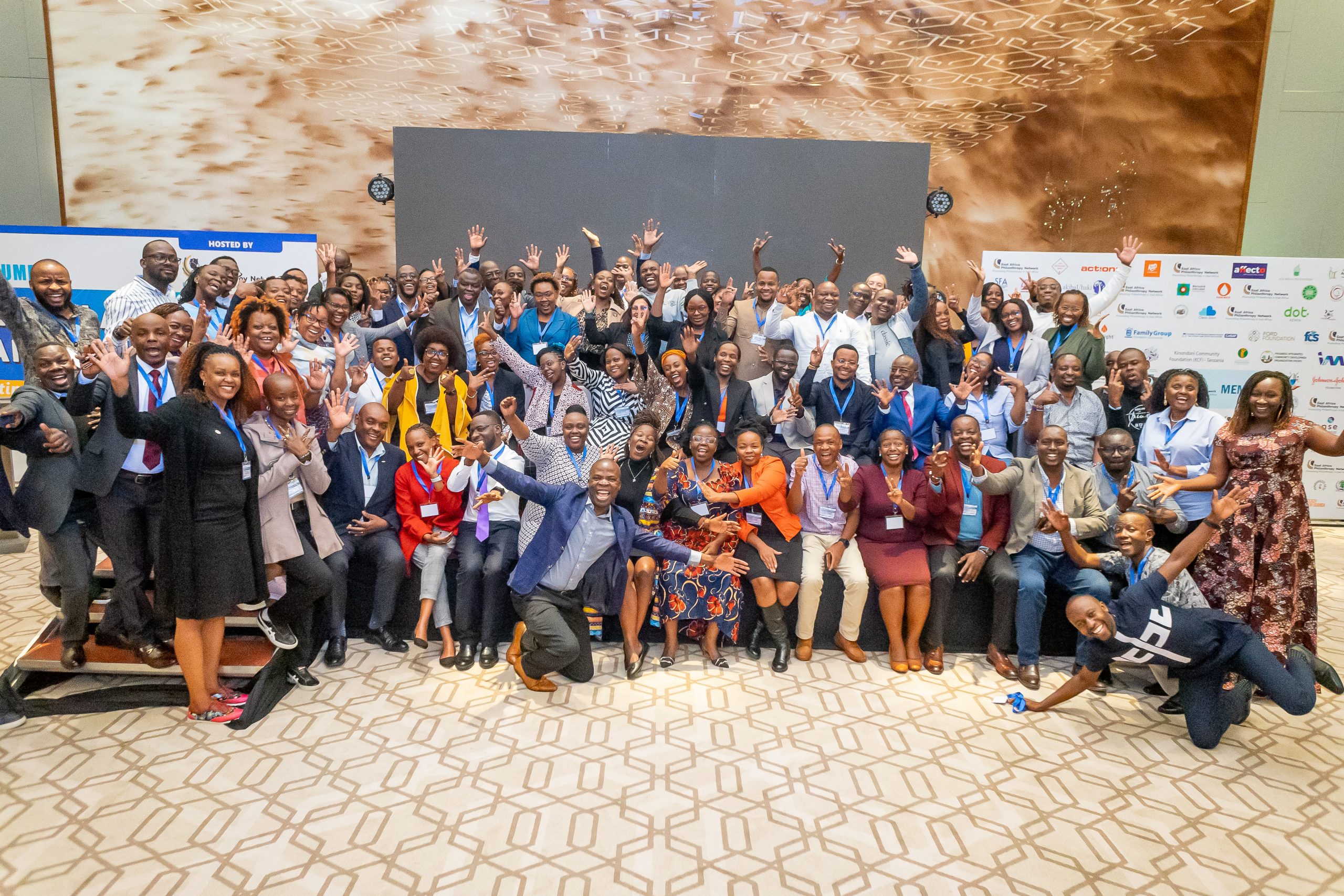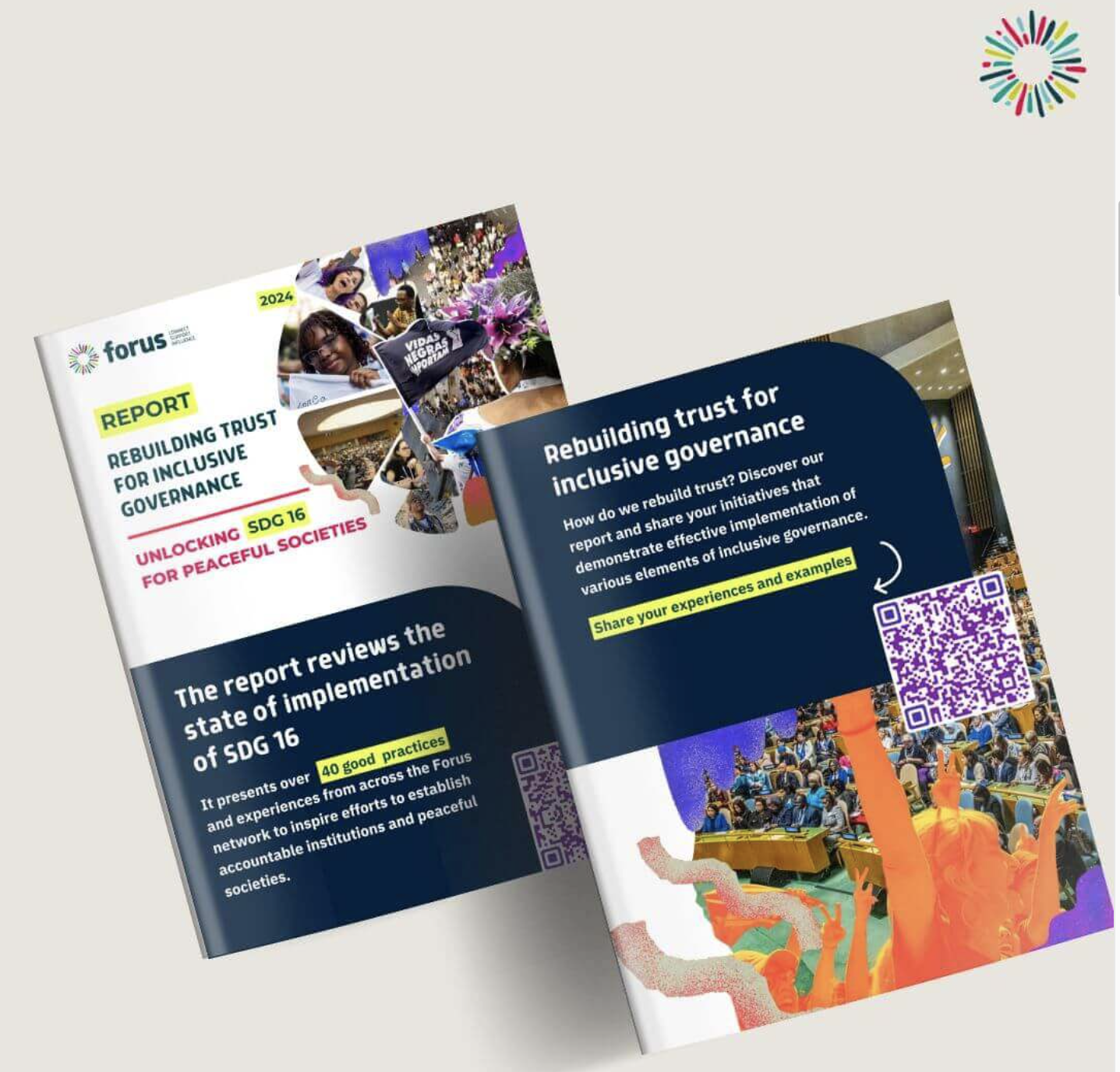From Aid Effectiveness to Development Effectiveness
The world has evolved quite rapidly in the area of aid and development. Aid has for long been seen as an important part of development. Indeed in the last 25 years aid is said to have quadrupled in volume across the world. The fact that there is an increase in aid looks good at face value until it is followed by another narrative that shows marginal increments in the benefits arising from aid investments. For a start, we now know that there will be several countries across the world that will not achieve the millennium development goals. We also have several cases of wasted aid investments. A case in point is the global funds – for example of Global Fund on Malaria and TB. In Uganda this looks like a real case of aid injustice – with corruption being rife in some countries. In Uganda, the story of the global fund on Malaria and TB is still rife. Three government Ministers were implicated and several other influential personalities are all waiting at the doors of the Anti-Corruption Court. Clearly these country level realities are a real mismatch to the global commitments that were made in the Paris Declaration way back in 2005.
This year (2011), all roads lead to Busan, Korea with one of the clear messages being that, as the Paris Declaration and the aid effectiveness agenda come to an end, there are many more partner countries than donor organizations that can show real attainment of indicator targets set out in the Paris Declaration in 2005. Several partner countries for example, report overhauling their procurement systems and very few donors report using these country systems. On the other hand several partner countries report conducting reforms in their budget processes yet for few donors report making their aid more predictable. Further aid remains a problem and use of projects rather than budgets to deliver aid still remains the preferred mode of delivery of aid for many donors.
As we go to Busan, the idea of aid effectiveness remains one of the key aspects of the ‘unfinished business.’ This is because there are still several technical changes that still need to be attained for aid to become effective. Yet at the same time many actors especially from civil society are calling for ‘game-changing’ reforms that should go beyond technocratic-fixing of the aid industry so that a real overhaul of the system is attained. This way we would be able to see a paradigm shift that is informed by the principle of development effectiveness.
Yet this also promises to be a complex change especially because of the differences in understanding on what constitutes ‘development effectiveness’. For civil society, this is a concept that goes beyond efficient disbursement procedures (which is what aid effectiveness is) to a much more rooted concept that focuses on ensuring that human rights are at the core of the way in which aid is delivered. This call for centering a right-based approach to aid delivery will certainly be a touchy issue especially because the new emerging donors have little to show in terms of linking up their rapid economic development with protection of human rights. Indeed as we go forward the place of human rights in the aid discourse is still a contested place. Even as citizens across the globe show through explicit actions like; Occupy Wall Street, the Arab Spring and the on-going citizen protests in several countries in Africa, Asia and Europe, we still see a resistance to this kind of perspective.
As we go to Busan, civil society is going to stand as a development actor in its own right – to the extent of even speaking at the opening ceremony! But with this will come all the challenges of giving concessions to other actors, acting like sell-outs to all those who do not buy the idea of working from within and indeed having to find new ways of engaging that will not only make us experts in the new aid jargon but also critical partners in the new aid agenda. These are truly challenging times, with less money to go around and many aid delivery models around we should brace ourselves for a new world. What will define us civil society will be the ways in which civil society will stay true to citizen’s interests in a world where the economy, the government, private sector and civil society have as many stories of ‘dead-aid’ as they have of ‘alive-aid’.
Short Bio
I am currently the Executive Director of the Uganda National NGO Forum which I joined in September 2008. From 1998 I was the National Team Leader for Participatory Poverty Assessments in Uganda at the Ministry of Finance, Planning and Economic Development and also spent a year as the in-charge coordinating the secretariat for the revision of the Poverty Eradication Action Plan/Poverty Reduction Strategy Paper for Uganda for 2007-8 in the National Development Plan. I worked in partnership with Civil Society Organizations and sector ministries to conduct consultations with the poor for close to 10 years. In 2007, I was supporting the Office of the Prime Minister in Uganda to develop the National Monitoring and Evaluation Strategy where I still serve as a member of the Uganda Government National Monitoring and Evaluation Working Group, the Public Sector Management Working Group and the Aid Partnership Policy Sub Committee. Currently I am also a member of the Global Civil Society Group (BetterAid) engaging with the Working Party on Aid Effectiveness at the OECD in Paris, France I am also a member of the Global Facilitator Group for the Open Forum which works to promote civil society development effectiveness.



